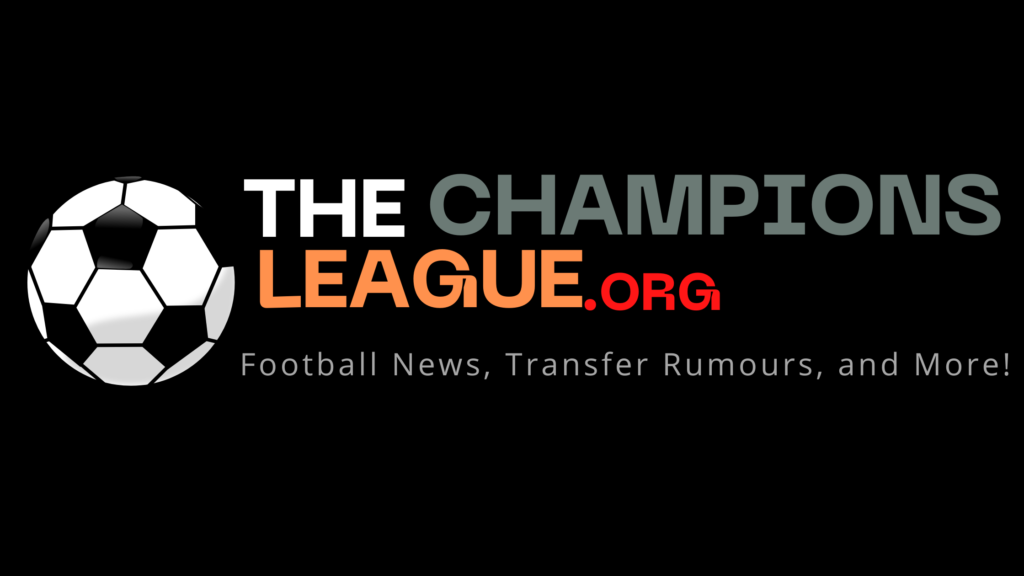When Didier Digard took over at OGC Nice at the beginning of January, there was an air of resignation at the club. Lucien Favre’s return to Les Aiglons had not gone to plan, and he departed after a surprise Coupe de France exit at the hands of Le Puy-en-Velay with the club languishing in mid-table.
Digard inherited a project that had lost its way, and the club’s expectations weren’t necessarily high, at least for the current season. The former Nice captain, who like Will Still at Ligue 1 rivals Stade de Reims hasn’t received the necessary coaching qualification, was charged with the task of “breathing life back into [the] team” without the burden or expectation of results.
During Digard’s presentation as Les Aiglons’ manager “until further notice,” the club’s new sporting director said, “My first words to the new manager yesterday were to tell him that there is no pressure for results. The only pressure is to have high expectations regarding what is put in place and to try and bring freshness and new energy. We’re not going to put pressure on his shoulders. We want to do our best in the championship.”
His appointment felt like a step backwards rather than a step forward with Ghisolfi saying, “to build, sometimes you need to deconstruct.” The second half of the season looked destined to be a transitory moment for the club, a reset. The words “preparing for the future” were bounded about frequently by Ghisolfi and the club’s president Jean-Pierre Rivère, but perhaps now, their present is also their future.
Digard has gone from being Nice manager “until further notice” to being the club’s manager until the end of the season, and given the revolution, as unexpected as it has been, he may be a more long-term custodian of Les Aiglons.
Whilst there were “no fixed objectives” for Digard, in the words of Rivère, the former midfielder has surely surpassed them. Digard’s reign is now 10 games old, and he is yet to lose. That run includes victories against RC Lens, as well as local rivals Olympique de Marseille and AS Monaco. At the time, Nice weren’t considered a rival for the European places, but they certainly are now.
Les Aiglons are now just four points off fifth-placed Stade Rennais, whilst, after a first-leg victory of Sheriff Tiraspol, they are on the brink of making the quarter-finals of the Europa Conference League.
It is difficult to pinpoint how Diagrd has corrected a Nice ship that had blown way off course under Favre. The side lacked invention and lucidity. Andy Delort, so pivotal under Christophe Galtier, hadn’t reached his usual heights (although injury did play a part) and new signing Gaëtan Laborde failed to replicate the form he showed at Rennes. Delort has since departed, but Laborde has had the goal-scoring burden eased with players from all over the pitch chipping in with match-winning contributions.
The tactical revolution hasn’t been drastic. The side has switched from a 4-4-2 to a 4-3-3, which has created a better midfield balance. Khéphren Thuram, one of the most talented midfielders in Ligue 1, is back to his line-breaking best, Hicham Boudaoui looks like a completely different player, and Aaron Ramsey, who was largely anonymous under Favre, is now controlling the tempo of games.
Perhaps the most startling difference is in the intensity of the training. Digard likes to manufacture conditions that are “more intense” than those actually experienced in the match. This philosophy has heightened the workload for the medical department at the club, but he is happy to make the compromise given the outcomes.
Digard has also brought a new style of man management. Favre had a slightly more distant approach, but Digard, who has traversed difficult moments in his life and became a father at the age of just 16, favours a more holistic approach to managing the psychology of his squad.
Questioned by Get French Football News’ Luke Entwistle about his handling of Aaron Ramsey in the wake of the Welsh international’s World Cup disappointment, Digard replied, “We speak a lot. That’s also my way of doing things. Maybe I speak with Aaron more than others. Football for me is important but not a priority in my life. I now think I have experienced enough in life to understand that, but it mustn’t be put in front of the things that are truly primordial.”
The truth is, however, that for a change so startling, the reasons for it are indiscernible. Perhaps with a squad so talented, little changes can make a big difference, and be it the minor tactical tweaks, the increase in the intensity, or in the nebulous intangible elements of Digard’s man-management, they all add up to make a big difference.
The Digard revolution has come as a surprise to many, not least the club itself judging by the discourse around his arrival, the question is now whether it is durable.
GFFN | Luke Entwistle
About Author
You may also like
-
Aston Villa’s Emi Martinez taunts Lille fans during penalty heroics
-
Aston Villa’s Emi Martinez taunts Lille fans during penalty heroics
-
Aston Villa’s Emi Martinez taunts Lille fans during penalty heroics
-
Aston Villa’s Emi Martinez taunts Lille fans during penalty heroics
-
Aston Villa’s Emi Martinez taunts Lille fans during penalty heroics
